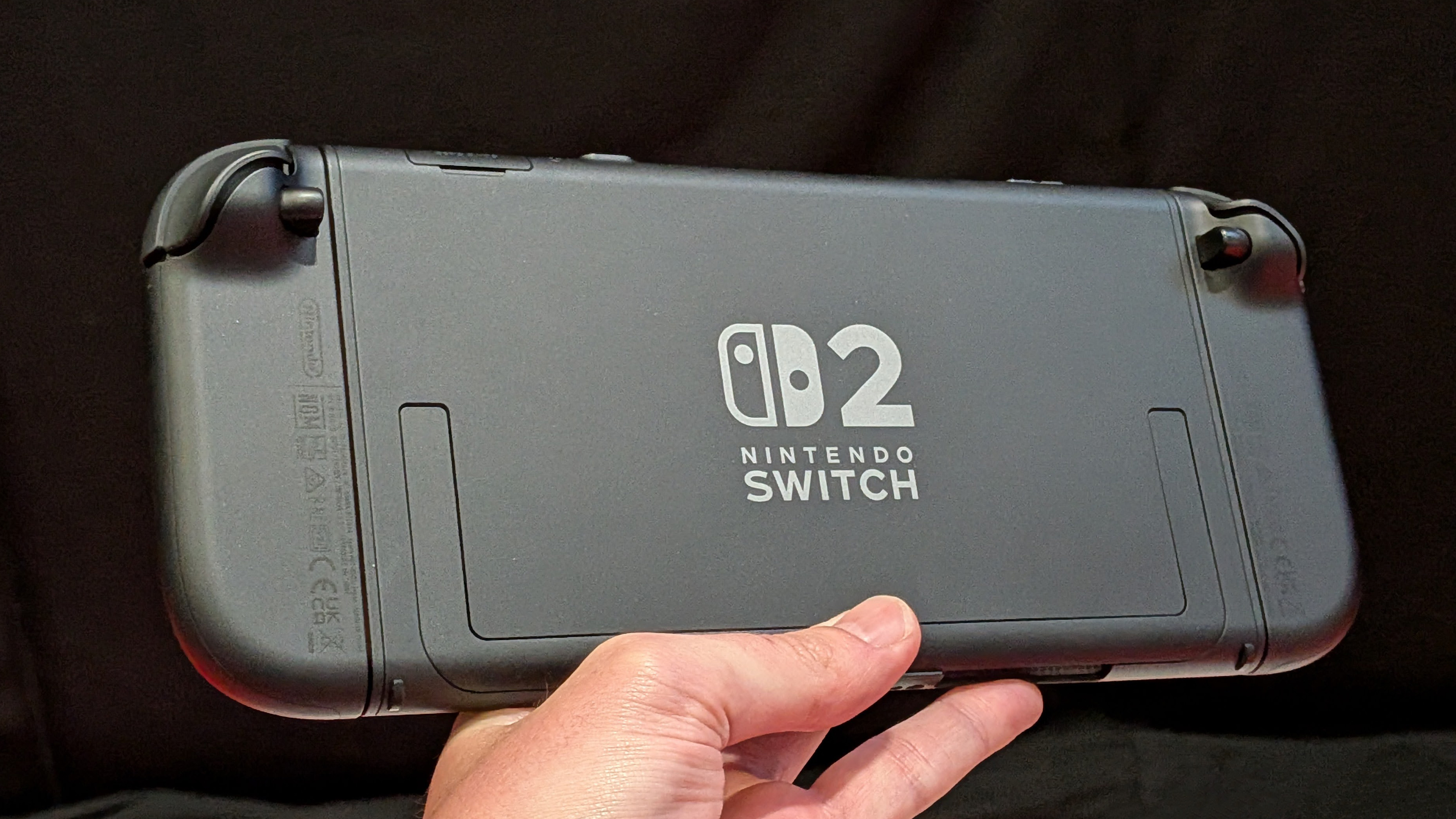

It's fair to say that this has been an expensive year for streaming subscribers, with price rises across the board taking the cost of the best streaming services to new heights. But more money doesn't necessarily mean more things to watch, and a new report confirms what many of us have long suspected: some streamers are charging us more money to watch less stuff.
While prices have gone up, many streamers have been aggressively cutting costs. The cancellation of high-profile shows may get the headlines, but the biggest cuts are less attention-grabbing because they're about older shows and films. For example. Paramount Plus and Max have been significantly reducing the selection available on their services.
The report, by Reelgood for Business, analyses all the main streamers to see how their catalogues of content are changing. It's focused on the US catalogues, but the patterns are likely to be the same in other countries. And the news isn't great: at best, big streamers are no longer growing their catalogues. At worst, they're massively reducing what's available.
Who's cutting the most from their streaming services?
Reelgood says that Paramount+ has seen the biggest cutbacks in the US: "Paramount+ has fewer than half as many movies available for on-demand streaming than it did a year ago," the report says, adding that the TV catalogue has remained static.
Surprisingly Max has gone in the other direction: despite some very high profile cancellations, the Max TV catalogue has doubled in size. But that's coincided with a big reduction in the film catalogue, which is 15% smaller than a year ago.
Amazon has "about 2,600 fewer titles" now than at the start of 2021, the report says, but it still has the largest film streaming library.
Other streamers are scaling back growth rather than cutting, so for example Disney+ has increased its film catalogue by 12% over the last year – but as the report notes, that coincided with a price hike of considerably more than 12%. Meanwhile Netflix offers more TV series than any of its US rivals other than Hulu, and is continuing to add content – albeit not with the "once explosive spending growth" it was previously known for.
Sign up to the T3 newsletter for smarter living straight to your inbox
Get all the latest news, reviews, deals and buying guides on gorgeous tech, home and active products from the T3 experts
The outlier here is Apple TV+, which isn't removing existing content – but then its library is tiny compared to competitors, and it too has upped its price.
There's clearly a pattern here: after a policy of spend, spend, spend to get new subscribers on board, streaming services are now focusing on getting more for their money (and more of yours) – and that means focusing on the hits and getting rid of anything that isn't doing sufficient numbers.
Writer, musician and broadcaster Carrie Marshall has been covering technology since 1998 and is particularly interested in how tech can help us live our best lives. Her CV is a who’s who of magazines, newspapers, websites and radio programmes ranging from T3, Techradar and MacFormat to the BBC, Sunday Post and People’s Friend. Carrie has written more than a dozen books, ghost-wrote two more and co-wrote seven more books and a Radio 2 documentary series; her memoir, Carrie Kills A Man, was shortlisted for the British Book Awards. When she’s not scribbling, Carrie is the singer in Glaswegian rock band Unquiet Mind (unquietmindmusic).

